Peace in the Middle East hinges on Israel halting its military operations in Gaza, and the two-state solution is the only feasible way to solve the Palestine-Israel conflict, analysts say. However, these goals are elusive for the time being, even as Israel confronts increasing internal and external pressures, they said.
Israel's military action in Gaza started in October after Hamas stormed into southern Israel, killing 1,200 people and taking 240 hostages, 132 of whom still being held in Gaza.
More than 100 days later the Israeli offensive has left swathes of Gaza in ruins, has led to about 1.9 million Palestinians being displaced and has killed more than 26,250 people, according to figures from Gaza.
The conflict has also caused chain reactions in the region. For example, the U.S. has launched airstrikes on Houthi group targets in Yemen, in response to Houthi attacks on Israel-affiliated and bound ships in and around the Red Sea.
In November the United Nations Security Council called for the formulation of a "concrete" timetable and a road map toward a two-state solution that would result in a Palestinian state being set up.
China, France, Germany, the United Kingdom and the United States have supported a two-state solution, but Israel's Prime Minister Benjamin Netanyahu has strongly opposed the idea.
Sven Biscop, director of Europe in the World Programme at the Egmont-Royal Institute for International Relations in Brussels, said that the first step in keeping the Middle East region stable is for Israel to end its military operations, and the sooner the better.
"It could then lead to the next step: a big international conference to solve the Palestine-Israel conflict as a whole, but chances, alas, remain small."
Yu Guoqing, a researcher at the Chinese Academy of Social Sciences' Institute of West Asia and African Studies in Beijing, said Israel has high goals for the military operation, including wiping out Hamas, which now appears to be an increasingly difficult task.
The conflict has also deepened the divide between Israel and the rest of the world as the country faces global criticism over the humanitarian crisis its offensive has created in Gaza. With more than 100 hostages still held by Hamas, the Israeli government is also under domestic pressure to obtain their release.
Prolonged conflict
"This prolonged conflict is a test for Israel and the Israeli government," Yu said. "Facing internal and external conflict, it must make some critical decisions."
Yuan Zheng, deputy director of the Institute of American Studies of the Chinese Academy of Social Sciences in Beijing, said Israel's ally the U.S. is also in a quandary. Israel is its most important ally in the Middle East, and the Jewish community in the U.S. wields significant influence over U.S. policy in the region, so President Joe Biden's administration will undoubtedly continue to support Israel.
However, the Biden administration opposes Israel being too rigid on certain issues, including refusing to go along with the two-state solution and exacerbating the humanitarian crisis in Gaza, Yu said. "So the U.S. will also maintain pressure on it."
The Biden administration is concerned that the Palestine-Israel conflict may escalate and that its ramifications will be felt elsewhere, which may strengthen global opposition to Israel's stance. It is also possible that terrorists will take more actions against the U.S., posing significant risks to the country, Yu said.
"Israel cannot possibly disregard the attitude of the U.S. entirely. However, Israel will not easily compromise either, and it will be a long process before it does."
Yu said the continuation of the conflict may lead to an increasing hostility toward the United States and Israel in the Middle East. This also indicates that the U.S. is not capable of resolving all Middle Eastern issues on its own.
"There is now a clear voice in the world that advocates a new multilateral effort for peace, leaving the U.S. isolated."
The U.S. does not have particularly good solutions for conflict-related issues either. For instance, its strikes on the Houthis have not stopped their attacks on commercial ships in the Red Sea, Yu said, and last week the Houthis said they had made a direct hit on a U.S. warship. "The U.S. is experiencing a kind of comprehensive frustration in the Middle East, or it can be said that its influence on many regional issues is declining."














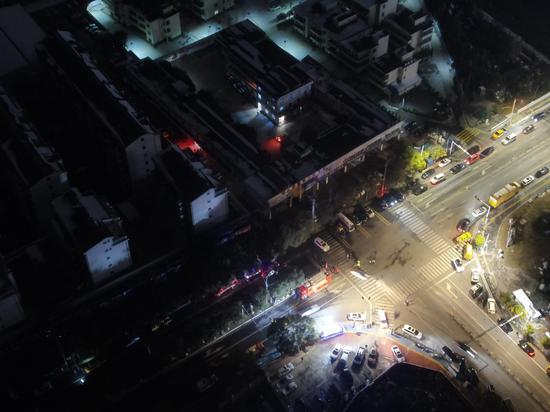

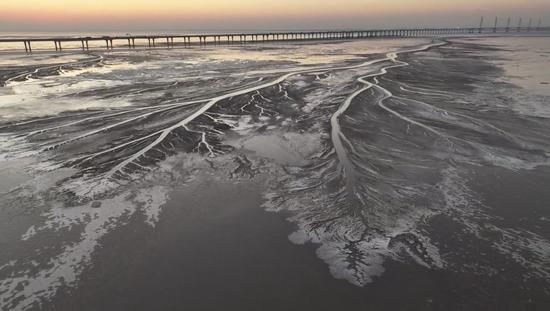

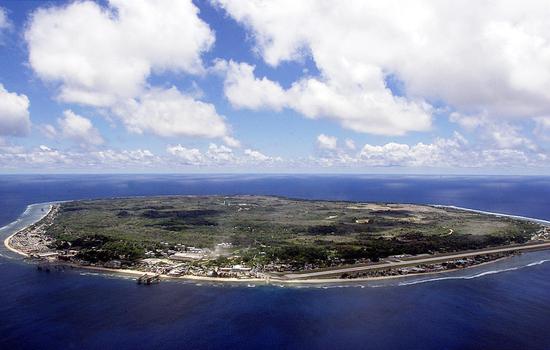






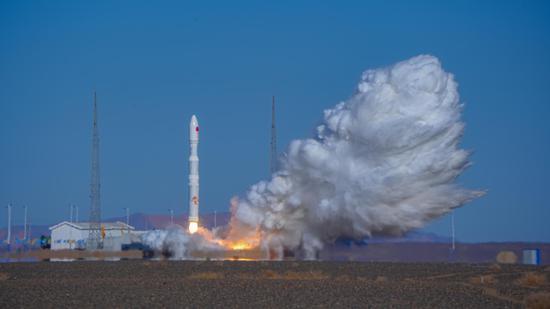
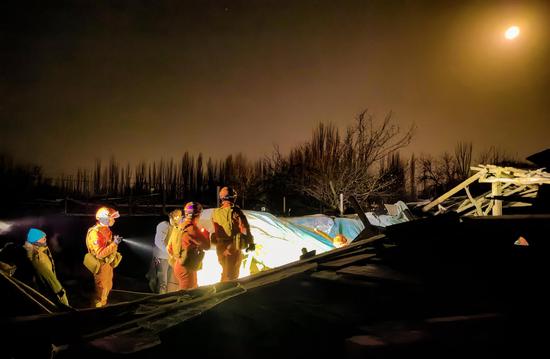


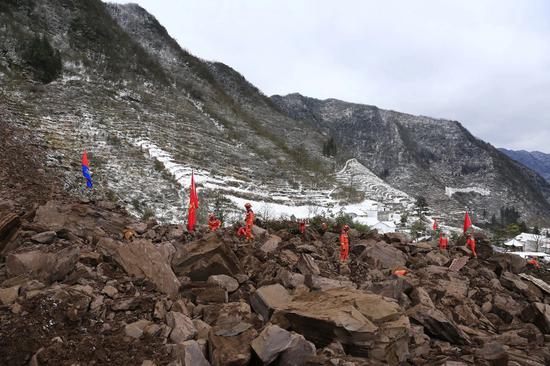










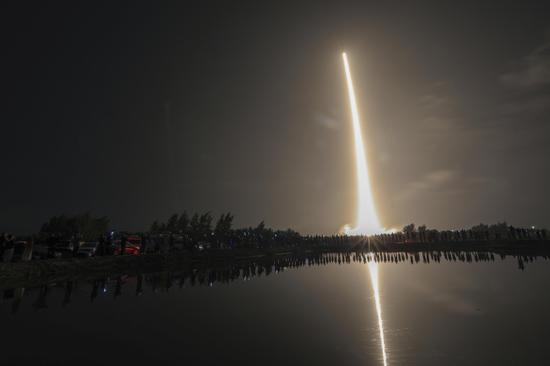









 京公网安备 11010202009201号
京公网安备 11010202009201号